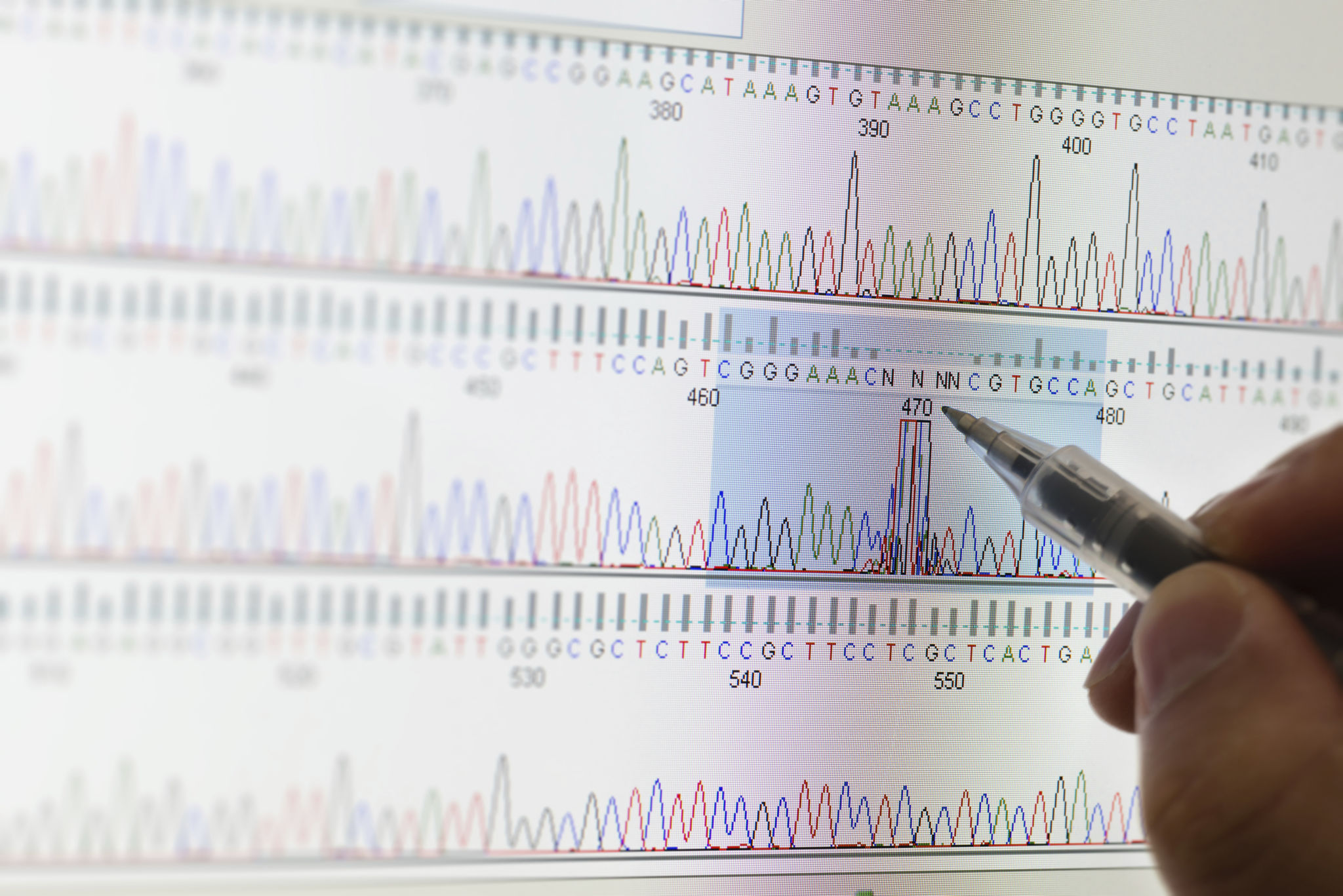Genetic Health Risk Assessment: What You Need to Know in the UK
Understanding Genetic Health Risk Assessments
Genetic health risk assessments have become an invaluable tool in modern healthcare, providing insights into potential future health issues based on your genetic makeup. In the UK, these assessments are becoming more accessible and popular, offering individuals a glimpse into their genetic predispositions to various conditions.
With advancements in DNA testing technology, many people are now curious about how these assessments work and what they can reveal. It's important to understand that while genetic tests can provide valuable information, they are just one part of the overall picture when it comes to health management.

What is a Genetic Health Risk Assessment?
A genetic health risk assessment involves analyzing your DNA to identify any genetic variants that may increase your risk for certain diseases. Typically, a saliva or blood sample is collected and sent to a lab for testing. The results can help predict your likelihood of developing conditions such as heart disease, diabetes, or certain types of cancer.
It's essential to note that these assessments do not diagnose diseases. Instead, they provide a risk profile that can guide lifestyle and healthcare decisions.
The Benefits of Genetic Testing
One of the main benefits of genetic health risk assessments is the potential for early intervention. By understanding your genetic risks, you can take proactive steps to mitigate them. This might include lifestyle changes, increased surveillance for certain conditions, or discussing preventive measures with your healthcare provider.

Another advantage is the potential for personalized healthcare. Genetic information can help tailor treatments and preventive strategies to fit your unique genetic profile, leading to more effective care.
Limitations and Considerations
While genetic health risk assessments offer many benefits, there are also limitations to consider. The results only provide probabilities, not certainties. Environmental factors, lifestyle, and family medical history also play significant roles in disease development.
Additionally, interpreting genetic data requires expertise. It's crucial to discuss your results with a healthcare professional who can help you understand their implications and guide you in making informed decisions.

Choosing a Genetic Testing Service in the UK
If you're considering a genetic health risk assessment, it's vital to choose a reputable service provider. In the UK, several companies offer these tests, each with varying levels of detail and support. Look for companies that provide comprehensive reports and access to genetic counselors who can help interpret your results.
Consider the test's scope and ensure it covers the conditions that concern you most. Additionally, evaluate the company’s privacy policies to ensure your genetic data is protected.
The Future of Genetic Health Risk Assessments
The field of genetic testing is rapidly evolving, with ongoing research continually improving our understanding of the human genome. As technology advances, genetic health risk assessments will likely become even more accurate and widely used in personal healthcare strategies.
Ultimately, these assessments empower individuals with knowledge about their genetic risks, allowing for more informed health decisions and potentially improving long-term health outcomes.
